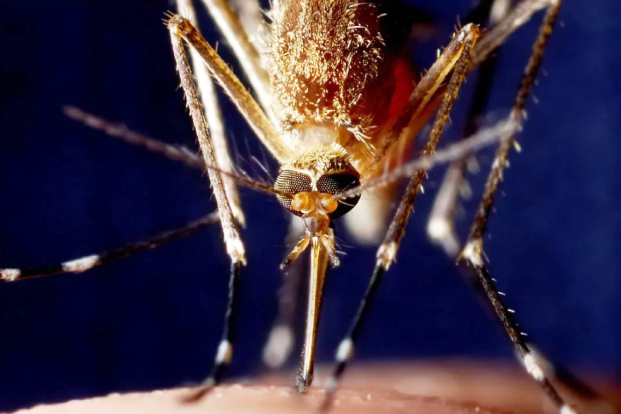How Does Malaria affect the Human Body?
Apr 19, 2022
Malaria is a disease prevented by a parasite and transmitted by the bite of infected mosquitoes. Malaria produces recurrent attacks of chills and fever. Malaria kills an approx 1 million people each year worldwide. While the disease is uncommon in temperate climates; malaria is still prevalent in tropical and subtropical countries. Bed net helps to protect people from mosquito bites as they sleep. Scientists around the world are working to develop a vaccine to prevent malaria.
Many malaria parasites are now immune to the most common drugs used to treat the disease.

Signs and Symptoms associated with Malaria:
Malaria signs and symptoms typically begin within a few weeks after being bitten by an infected mosquito. However, some types of malaria parasites can lie dormant in your body for months, or even years. The basic signs and symptoms that are associated with malaria are :
- Moderate to severe shaking chills
- High fever
- Profuse sweating as body temperature falls
- Headache
- Vomiting
- Diarrhea
Malaria depending on the severity of the signs and symptoms can be classified as mild, moderate or severe. Please note that the fever and the other associated signs and symptoms may start appearing after 1-2 weeks post being bitten by the malaria causing mosquito.
When should you consult a doctor?
If you are experiencing the above mentioned symptoms for more than a week with no improvement, it is best that you visit a general physician at the earliest. The doctor will examine you physically and ask for your medical history and post confirmation may do a dipstick test for malaria – which would help them give instant results for malaria. Please note that timely detection, treatment and management of malaria is important.








